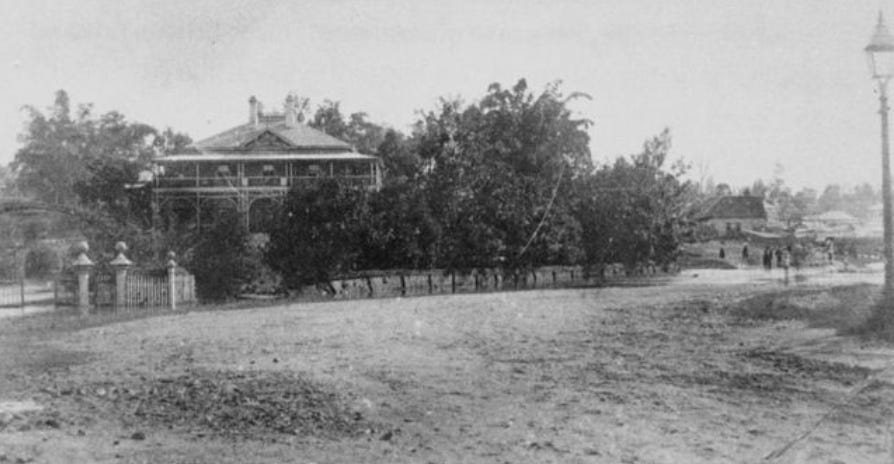on waiting at the gate
Kafka and the ratrace
There’s an old Kafka parable about a man who spends his life waiting at the gate of Law, the gatekeeper preventing him from moving further, where he understands he will be met with more gatekeepers and obstacles themselves. It is only until the man ages, time drifting away from himself, that the gatekeeper reveals to him that the gate has been open the whole time–he was simply never able to take the first step.
I like to think that there is an alternate version of this story. One where the man realizes the opening in the gate and steps through, before being met with the second gatekeeper. The second gatekeeper keeps him for a year before allowing him through to the third, who does the same until the fourth, and so on until the man finds himself returning to the bliss of the first story, choosing to sit outside until an inner peace is found.
Or, a third version. The man steps up to the gate and asks the gatekeeper why, if he is the only one waiting, he can’t be let through immediately. The gatekeeper claims that he has been instructed not to let anyone inside the law at this moment, and to do so would mean a sure end to his career and wellbeing. The man can hear footsteps on the other side, perhaps from residents, from laborers, he assumes. He struts forward, pushing open the gate itself, only to find that the footsteps were not residents of the law, but the gatekeepers themselves, waiting there as if to expect – and promptly reject – the man’s arrival.
As I put these together, however, it became evident that whether the man waits, advances step by step, or forces his way through makes no difference as to his outcome. Kafkaesque writing is defined by patience, obedience, and a growing defiance against an existential world. But the limits we confront in modern life are often less about the things we touch, the money we count than the architecture of the world we inhabit. For what barred the man was not the particular gatekeeper or the order of gates, but the inescapable structure of the Law itself.



